5 Steps to Bounce Back after a Failed Marketing Strategy
When your business hits a roadblock, it's time to turn failure into an opportunity
Picture this: You've spent months or even years pouring your heart and soul into your business, crafting the perfect marketing strategy, and executing it meticulously, only to see it fall flat.
It's an all-too-familiar feeling for many entrepreneurs, and it can be incredibly disheartening.
However, successful business owners know that failure is not the end; it's an opportunity to learn, grow, and come back stronger than ever. It's about taking a proactive approach and finding ways to turn disappointment into an advantage.
So, what can you do when your marketing strategy fails? Let's dive into five practical steps that every business owner can take:
Analyze, Adapt, and Learn:
When faced with a failed marketing strategy, the first step is to analyze what went wrong. Evaluate the effectiveness of your messaging, target audience, channels, and overall campaign execution. Identify the areas that underperformed and assess the reasons behind them. By pinpointing the weaknesses, you gain valuable insights into your business's shortcomings, allowing you to adapt and refine your marketing approach. Remember, failure is a stepping stone to success when you learn from it.
Seek Customer Feedback:
Your customers are a goldmine of information when it comes to improving your marketing strategy. Reach out to them through surveys, focus groups, or even one-on-one conversations to understand their perspectives. Ask about their preferences, pain points, and expectations. Their feedback can help you align your marketing efforts more effectively, ensuring that your future strategies resonate with your target audience. Don't underestimate the power of listening to your customers.
Experiment with New Ideas:
A failed marketing strategy should not discourage you from exploring fresh ideas and innovative approaches. Embrace creativity and brainstorm new concepts that align with your business goals. Experiment with different marketing channels, messaging styles, or even collaborations with influencers or complementary businesses. Taking calculated risks and thinking outside the box can open up exciting opportunities for your business. Remember, successful marketing often requires stepping out of your comfort zone.
Refine Your Brand Story:
Marketing is not just about products or services; it's also about telling a compelling brand story. Take the time to revisit your brand's narrative and ensure it resonates with your target audience. Are you effectively communicating your unique value proposition? Does your brand evoke emotions and connect with your customers on a deeper level? Use the failure of your previous marketing strategy as an opportunity to refine and strengthen your brand story, making it more captivating and impactful.
Leverage the Power of Data:
Data-driven decision-making is crucial in today's business landscape. Collect and analyze relevant data to gain valuable insights into your customers' behaviour, preferences, and purchasing patterns. Utilize tools such as web analytics, social media metrics, or CRM systems to track and measure the performance of your marketing campaigns. By leveraging data, you can make informed adjustments, optimize your strategies, and target your efforts more precisely. Transform your failure into a data-driven success story.
In conclusion, a failed marketing strategy doesn't have to be the end. With these 5 steps, companies can successfully bounce back and come out stronger than before. It's important to analyze what went wrong and learn from past mistakes. Re-evaluating your target audience, setting realistic goals, and seeking outside help can all contribute to a successful comeback. Remember that failure is not the opposite of success but rather a part of the journey toward it. Utilizing these steps can lead to a more effective and profitable marketing strategy in the long run. Don't be discouraged by setbacks; instead, use them as opportunities to improve and grow your business.
